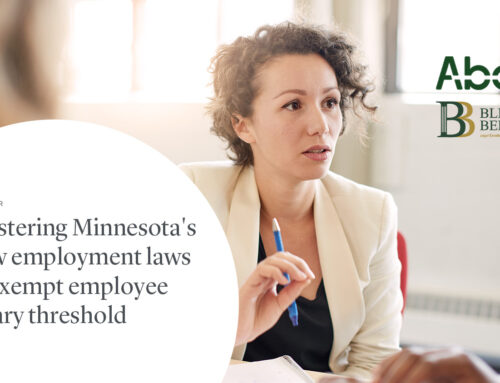Clients and prospective clients often have questions about the different types of proceedings encompassed by the litigation practice area. The following is a framework of some of the potential avenues of dispute resolution available to parties:
Jury Trial
This is the traditional scenario where both sides put on evidence and argue their case to the jury. The Judge presides over the trial to make sure only the appropriate evidence is presented to the jury. The jury returns its verdict regarding whether the claims are successful. Personal injury, wrongful death and medical malpractice cases are the type of claims resolved through jury trials.
Court Trial
In a Court Trial there is no jury, but the remainder of the trial operates the same as if a jury trial were taking place. Both parties put on evidence and argue their case to the Judge. The difference in Court trial is that the Judge also decides whether the claims are successful. When a family law trial takes place, it is usually done through a Court Trial.
Arbitration
An arbitration is a private proceeding which is generally more informal in nature than a Court Trial or a Jury Trial. In this scenario, the parties pay an individual to hear the evidence and decide the case. The Arbitrator is sometimes a lawyer, sometimes a judge or simply a professional with expertise in the subject area. Construction defect and business disputes are often resolved through Arbitration.
Mediation
Mediation is an effort undertaken by both parties to attempt to negotiate a settlement with the help of a mediator. In this scenario, the parties hire an independent individual to facilitate a settlement by conveying offers and demands from the parties and suggestions on how a Court, Jury or Arbitrator might view the evidence. A successful mediation results in a Settlement Agreement and dismissal of the claim or lawsuit. Nearly all types of cases are appropriate for mediation.
Conciliation Court Trial
A trial in Conciliation Court is similar to a Court Trial but involves disputes of less than $15,000. Parties usually represent themselves in Conciliation Court. A lawyer generally must request permission to appear. The rules are more informal than District Court. The Conciliation Court Judge decides whether the claims are successful. Generally speaking, either party can automatically appeal the decision to District Court.
Appeal
If a party believes that the District Court (and in certain circumstances, an arbitrator) made an error in the trial, that party can file an Appeal to an Appellate Court (i.e. Minnesota Court of Appeals or Supreme Court of Minnesota) to review the transcript and the decision to determine whether an error was made. The Appellate Court could affirm the underlying decision, reverse that decision or remand the case for further proceedings.
At Blethen Berens, we have a team of litigation attorneys that practice in a variety of areas. If you are facing litigation and have questions, find the right attorney for your situation here.


